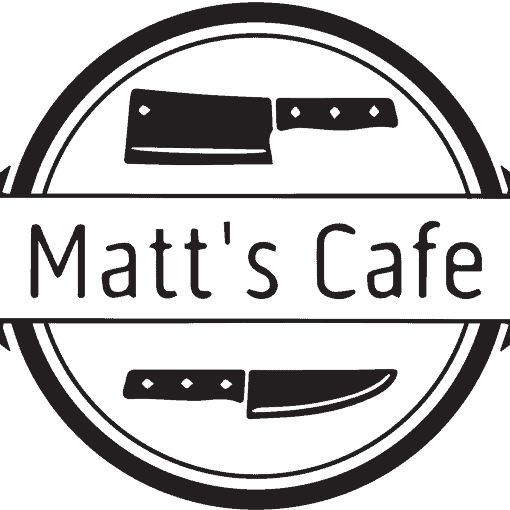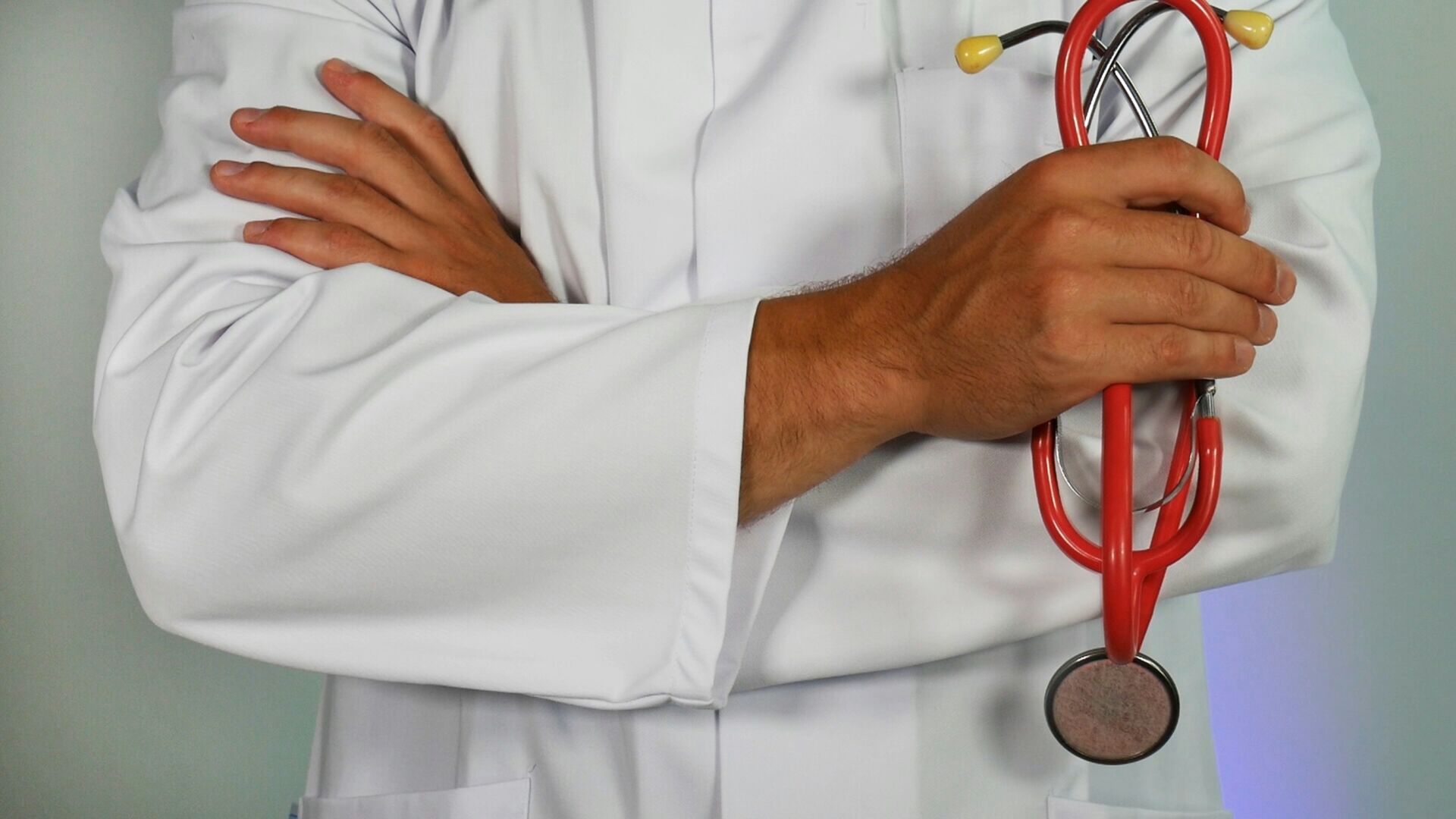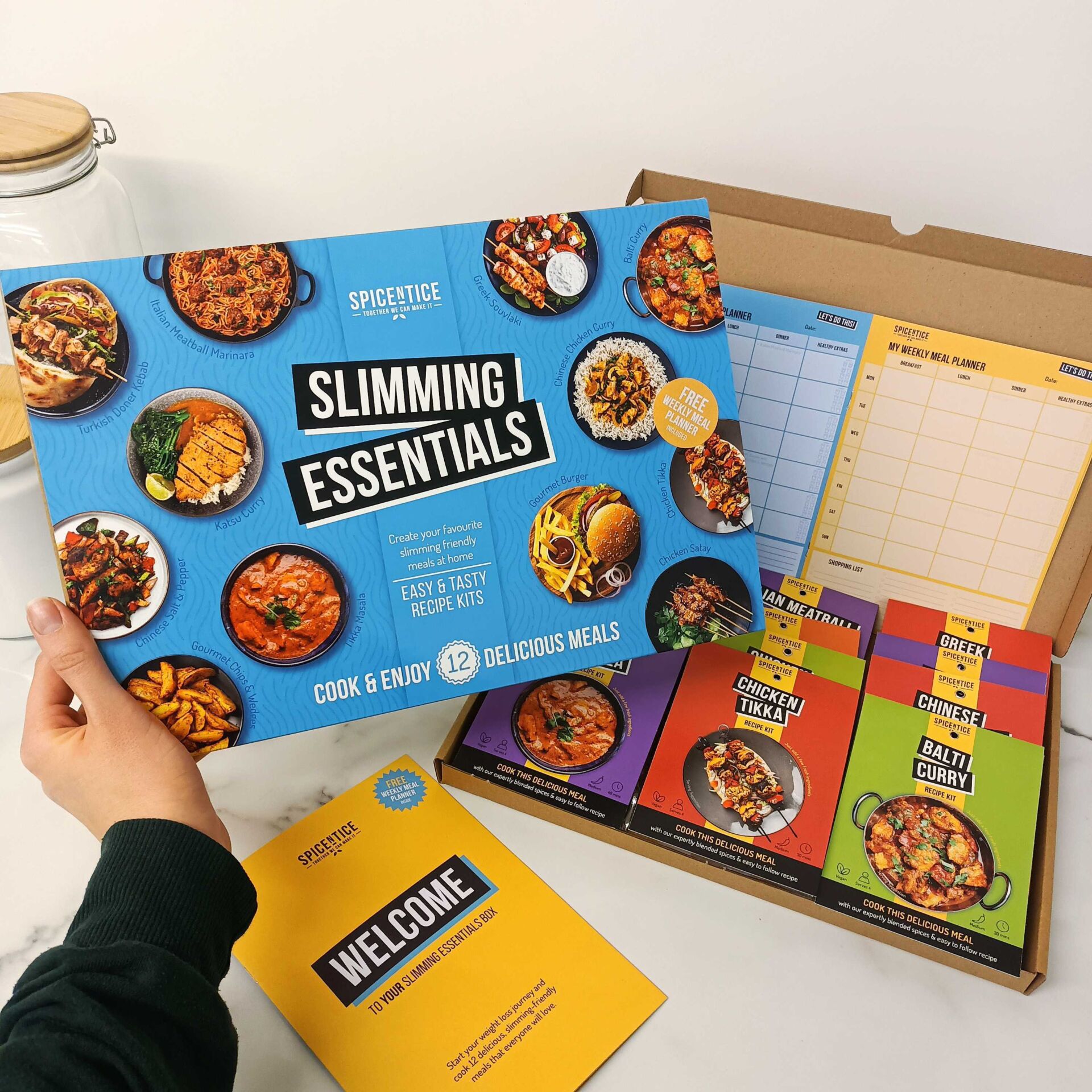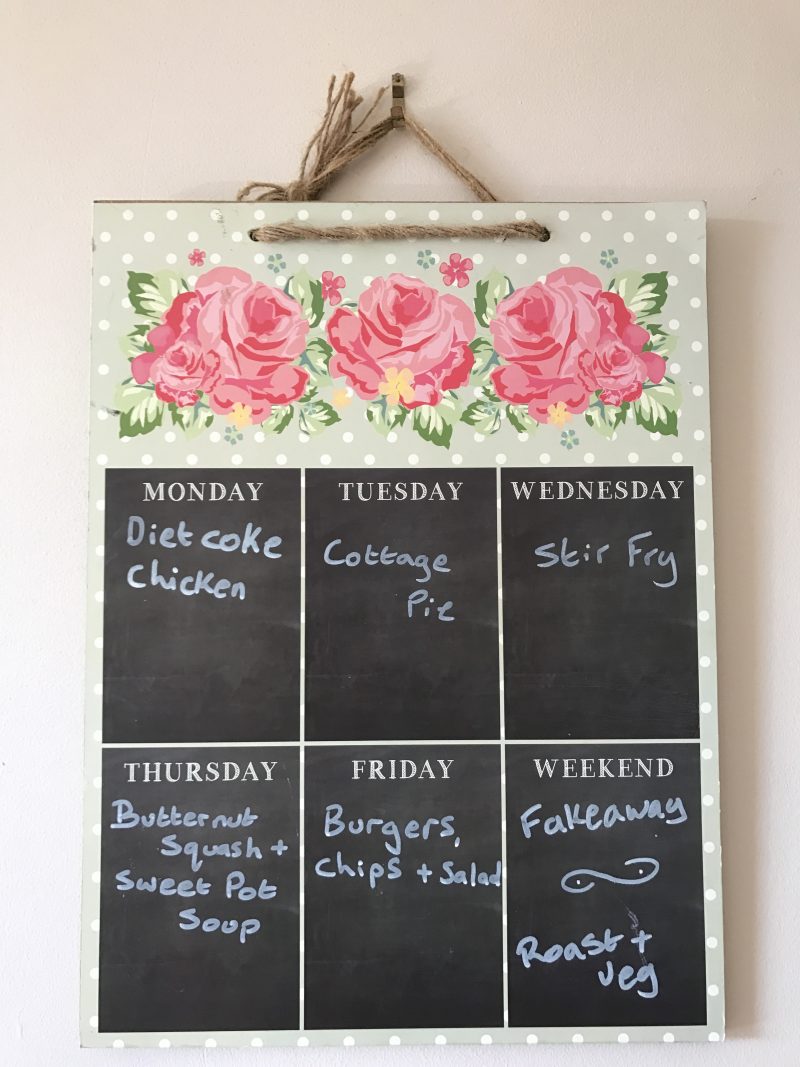How To Prepare For A Colonoscopy
If you are suffering from IBD issues then your doctor may refer you to have a colonoscopy. However, when we looked online for guides on “how to prepare for a colonoscopy”, we didn’t find much. Your colonoscopy success will depend on how you prepare, and although they give you medication for this, it’s also important to take charge of the week before to ensure you’re safe and ready for the procedure.
What Is A Colonoscopy
A colonoscopy is a medical procedure used to examine the interior lining of the colon (large intestine) and rectum. It is commonly performed by a gastroenterologist, a doctor specialising in the digestive system. This procedure helps diagnose and sometimes treat conditions affecting the colon and rectum.
Procedure Overview
- Preparation:
- Dietary Restrictions: A few days before the procedure, patients are usually advised to follow a clear liquid diet and avoid certain foods.
- Bowel Preparation: Patients must empty their bowels by taking a prescribed laxative solution to ensure a clear view during the examination.
- During the Procedure:
- Sedation: Patients are typically given a sedative to help them relax and minimise discomfort. In addition to the sedative, you may be offered entonox (also called laughing gas) or an anaesthetic.
- Insertion of the Colonoscope: A flexible tube with a light and camera at the end, called a colonoscope, is inserted through the rectum into the colon.
- Examination: The camera transmits images to a monitor, allowing the doctor to examine the entire colon lining for abnormalities such as polyps, tumours, inflammation, or bleeding.
- Biopsies and Polyp Removal: If necessary, the doctor can take tissue samples (biopsies) or remove polyps during the procedure using special instruments passed through the colonoscope.
- Duration:
- The procedure typically takes about 30 to 60 minutes, depending on the findings and any interventions performed.
Indications for a Colonoscopy
A colonoscopy may be recommended for various reasons, including:
- Screening for Colorectal Cancer: Especially for individuals over 50 or those with a family history of colorectal cancer.
- Investigating Symptoms: Such as chronic diarrhoea, rectal bleeding, unexplained weight loss, or persistent abdominal pain.
- Monitoring Conditions: Like Inflammatory Bowel Disease (IBD) (Crohn’s Disease and Ulcerative Colitis) or after previous polyp removal.
- Diagnosing and Evaluating Conditions: Such as diverticulosis or colorectal polyps.
Benefits
- Early Detection of Cancer: Allows for the identification and removal of precancerous polyps, reducing the risk of colorectal cancer.
- Diagnosis of Digestive Issues: Helps diagnose various conditions that cause gastrointestinal symptoms.
- Treatment During Examination: Polyps and certain other abnormalities can be treated during the procedure.
Risks and Complications
While generally safe, colonoscopy carries some risks, including:
- Bleeding: Especially if a biopsy is taken or a polyp is removed.
- Perforation: A rare complication where a tear occurs in the colon wall.
- Reactions to Sedation: Such as allergic reactions or breathing difficulties.
- Infection: Though rare, there’s a slight risk of infection.
After the Procedure
- Recovery: Patients are monitored for a short period after the procedure until the effects of sedation wear off.
- Post-Procedure Instructions: Patients are usually advised to avoid driving or making significant decisions for the rest of the day.
- Results: The doctor will discuss the findings and any necessary follow-up steps. Biopsy results, if taken, may take a few days to be available.
A colonoscopy is a crucial diagnostic tool for detecting and preventing colorectal cancer and other gastrointestinal conditions. By enabling direct visualisation of the colon and rectum, it helps in early diagnosis, treatment, and effective management of various digestive issues. Regular screening, as recommended by healthcare providers, can significantly improve outcomes for individuals at risk of colorectal diseases.
How To Prepare For A Colonoscopy?
Proper preparation for a colonoscopy is crucial for ensuring the colon is clear and the procedure is successful. I will admit that it’s not a nice process to go through but that being said it’s for a good reason and it’ll be over before you know it. Here’s a step-by-step guide on how to prepare for a colonoscopy:
1. Dietary Changes
A Few Days Before the Procedure:
- Avoid High-Fibre Foods: Stop eating foods with high fibre content, such as nuts, seeds, whole grains, raw fruits, and vegetables.
- Opt for Low-Fibre Foods: Choose low-fibre foods like white bread, white rice, and lean meats.
The Day Before the Procedure:
- Switch to a Clear Liquid Diet: Consume only clear liquids, such as:
- Water
- Clear broths (chicken, beef, or vegetable)
- Clear fruit juices without pulp (apple, white grape)
- Gelatin (avoid red, blue, or purple colours)
- Tea or coffee without milk or cream
- Sports drinks (avoid red, blue, or purple colours)
- Clear soft drinks
Avoid:
- Solid foods
- Alcohol
2. Bowel Preparation
Laxatives:
- Follow Your Doctor’s Instructions: Your doctor will prescribe a laxative regimen. This typically involves:
- A prescription or over-the-counter laxative solution to drink.
- Oral laxative tablets.
- Split-Dose Regimen: Often, you’ll take part of the laxative the evening before the colonoscopy and the rest the morning of the procedure.
3. Hydration
Stay Hydrated:
- Drink plenty of clear fluids throughout the preparation period. This helps the laxatives work effectively and prevents dehydration.
4. Medication Adjustments
Consult Your Doctor:
- Blood Thinners: If you take blood thinners (such as aspirin, warfarin, or clopidogrel), ask your doctor if you should stop taking them before the procedure.
- Diabetes Medications: Adjustments may be needed if you have diabetes, especially concerning insulin or oral medications.
- Other Medications: Inform your doctor about all medications and supplements you’re taking. You may need to adjust or temporarily stop some of them.
5. Day of the Procedure
Fasting:
- No Solid Foods: Continue with a clear liquid diet until your procedure.
- Stop Drinking: Follow your doctor’s instructions on when to stop drinking fluids, usually a few hours before the procedure.
Transportation:
- Arrange a Ride: Sedation is commonly used during a colonoscopy, so you’ll need someone to drive you home afterward.
6. Additional Tips
- Read Instructions Carefully: Make sure you fully understand the preparation instructions given by your healthcare provider.
- Plan Ahead: Arrange your schedule to be near a bathroom during the bowel preparation period, as frequent trips will be necessary.
- Comfort Measures: Have comfortable, loose-fitting clothing to wear, and consider using moist wipes or barrier cream to reduce discomfort from frequent bowel movements.
Preparing for a colonoscopy involves dietary changes, taking prescribed laxatives, staying hydrated, and making necessary medication adjustments. Following these steps carefully ensures a clear colon, making the procedure as effective and smooth as possible. Always follow your healthcare provider’s specific instructions and contact them if you have any questions or concerns about the preparation process.
What To Eat Before A Colonoscopy?
It is important that you only eat light on the few days running up to your colonoscopy procedure. Eating heavy foods especially the week before your colonoscopy can cause complications during the procedure and can stop the medical team from getting any results. This is why you get medication beforehand and a list of foods that you can and can’t eat to make it easier and more successful and it’s imperative to follow the instructions.
Take a look at some of the foods below and find out what to eat before a colonoscopy.
Three Days Before the Colonoscopy
Low-Fiber Foods:
- White bread, pasta, and rice
- Skinless, seedless fruits (like bananas and applesauce)
- Cooked or canned vegetables without seeds or skin
- Lean meats, poultry, and fish
- Eggs
- Clear broths and soups
- Dairy products like milk, yogurt, and cheese (if tolerated)
Avoid:
- Whole grains, nuts, seeds, dried fruits
- Raw vegetables and fruits with skins
- Corn, popcorn
- Beans and lentils
- Fatty or fried foods
How To Prepare For A Colonoscopy A Week Before
Preparing for a colonoscopy a week in advance involves dietary adjustments and specific instructions to ensure your colon is thoroughly cleansed. Here’s a step-by-step guide:
One Week Before the Colonoscopy
1. Dietary Adjustments:
- Start Reducing Fiber:
- Begin eating low-fibre foods such as white bread, pasta, rice, eggs, lean meats, poultry, fish, dairy products, and well-cooked vegetables without skin or seeds.
- Avoid high-fibre foods like whole grains, nuts, seeds, raw fruits and vegetables, corn, popcorn, beans, and lentils.
2. Medication Review:
- Consult Your Doctor:
- Inform your doctor of all medications, including over-the-counter drugs, supplements, and herbal products.
- Some medications, especially blood thinners, may need to be adjusted or paused.
- Discuss any concerns about managing chronic conditions, such as diabetes, during the preparation.
Three Days Before the Colonoscopy
3. Continue Low-Fibre Diet:
- Stick to low-fibre foods as mentioned previously.
- Avoid any high-fibre foods and foods with small seeds or kernels.
One Day Before the Colonoscopy
4. Switch to a Clear Liquid Diet:
- Allowed Clear Liquids:
- Water
- Clear broths (chicken, beef, or vegetable)
- Clear juices without pulp (apple, white grape)
- Clear sports drinks (like Gatorade, avoiding red or purple colours)
- Gelatin (avoiding red or purple colours)
- Tea or coffee without milk or cream
- Clear sodas
- Popsicles (avoiding red or purple colours)
- Avoid:
- Any solid foods
- Cream-based soups
- Alcohol
5. Begin Bowel Preparation:
- Follow the specific instructions provided by your doctor regarding bowel preparation medication.
- Typically, this involves drinking a prescribed laxative solution the day before your procedure to clear your colon.
6. Hydrate Well:
- Drink plenty of clear liquids to stay hydrated and aid in the bowel preparation process.
The Day of the Colonoscopy
7. Continue Clear Liquids:
- Follow the same clear liquid diet as the day before.
- Do not consume anything at least two hours before the procedure, or as directed by your doctor.
8. Final Bowel Preparation:
- If instructed, take any additional doses of the bowel preparation medication on the morning of your procedure.
9. Plan for Transportation:
- Arrange for a responsible adult to drive you to and from the appointment, as sedation is typically used during the procedure.
Tips and Considerations
- Follow Instructions Carefully:
- Adhering strictly to your doctor’s instructions ensures the procedure’s success and reduces the risk of having to repeat it.
- Communicate Any Issues:
- Contact your healthcare provider if you have questions or experience difficulties with the preparation process.
- Prepare for Post-Procedure:
- Plan to rest for the remainder of the day after your colonoscopy.
By preparing well in advance and following these steps, you can ensure a thorough cleansing of your colon, making the colonoscopy more effective and reducing the risk of complications.
How To Prepare For A Colonoscopy The Day Before
The day before the colonoscopy is the most crucial, and it’s important you follow all the steps to ensure you’re ready for your colonoscopy and so that you get the best results. Take a look at some of the advice below on how to prepare for a colonoscopy the day before your procedure. If you have IBD issues, it’s important to stay away from trigger drinks such as fizzy drinks as this can cause complications.
1. Switch to a Clear Liquid Diet:
- Allowed Liquids:
- Water
- Clear broths (chicken, beef, vegetable)
- Clear juices (apple, white grape, no pulp)
- Clear sports drinks (avoid red or purple)
- Gelatin (avoid red or purple)
- Tea or coffee (no milk or cream)
- Clear sodas (e.g., Sprite, ginger ale)
- Popsicles (avoid red or purple)
2. Begin Bowel Preparation:
- Follow Doctor’s Instructions:
- Drink the prescribed bowel prep solution.
- Usually, start the solution in the late afternoon/early evening.
- Drink plenty of clear liquids to stay hydrated.
3. Expect Frequent Bathroom Visits:
- The solution will cause frequent bowel movements to clear the colon. Stay near a bathroom.
- Make sure you have a decent toilet roll or a bidet, otherwise you can cause yourself pain.
4. Continue Hydration:
- Drink clear liquids throughout the evening and up until a few hours before the procedure. It is important to stop drinking anything at least two hours before your procedure or this can make it difficult to perform the colonoscopy and to get results.
5. Avoid Certain Medications:
- Follow your doctor’s guidance on medication adjustments. You must speak to your doctor about your medications and what medications can affect a colonoscopy. If you are taking medications such as blood thinners this can be a cause for concern and you may be asked to stop them or lower the dose before your procedure.
On the Day of the Colonoscopy
- Complete the Second Dose (if applicable):
- Take the second dose of the bowel prep solution as directed.
- Continue clear liquids up until a few hours before the procedure, then stop all intake.
General Colonoscopy Tips
- Stay Close to a Bathroom: Frequent bowel movements are expected. Have decent toilet roll, soft toilet roll.
- Comfort: Wear comfortable clothing and have entertainment ready. Try and limit your activities throughout the day and focus on your colonoscopy preparation.
- Transportation: Arrange for a responsible adult to drive you to and from the procedure. This is a must if you’re going to be sedated during your procedure as you will be unable to drive for several hours after. However, most people do not have sedation for a colonoscopy.
- Friends & Family: If you are nervous about the procedure then I would encourage you to take someone. They normally can’t go into the procedure room but they can be there for support.
How To Prepare For A Colonoscopy If You Are Diabetic?
Preparing for a colonoscopy as a diabetic requires additional considerations to manage blood sugar levels while ensuring the colon is properly cleansed. Ensure that you have spoken to your doctor about the procedure, any risks involved and any concerns that you may have about the procedure if you’re diabetic. Here’s a step-by-step guide:
One Week Before the Colonoscopy
- Consult Your Doctor:
- Inform your gastroenterologist and your primary care physician or endocrinologist about your diabetes.
- Discuss how to adjust your diabetes medications (insulin or oral hypoglycemics) leading up to the procedure.
- Get specific instructions tailored to your diabetes management plan.
Three Days Before the Colonoscopy
- Adjust Your Diet:
- Low-Fibre Foods: Start eating low-fibre foods such as white bread, pasta, rice, eggs, lean meats, poultry, fish, dairy products, and well-cooked vegetables without skin or seeds.
- Monitor Blood Sugar: Check your blood sugar levels more frequently to ensure they remain stable.
One Day Before the Colonoscopy
- Switch to a Clear Liquid Diet:
- Allowed Clear Liquids:
- Water
- Clear broths (chicken, beef, vegetable)
- Clear juices without pulp (apple, white grape)
- Clear sports drinks (like Gatorade, avoid red or purple colours)
- Gelatin (avoid red or purple colours)
- Tea or coffee without milk or cream
- Clear sodas (like Sprite or ginger ale)
- Popsicles (avoid red or purple colours)
- Diabetic-Friendly Options: Choose sugar-free or low-sugar clear liquids when possible.
- Avoid Solid Foods: Do not consume any solid foods.
- Allowed Clear Liquids:
- Begin Bowel Preparation:
- Follow Doctor’s Instructions: Drink the prescribed bowel prep solution at the times directed.
- Monitor Blood Sugar: Continue to check your blood sugar levels frequently, especially after taking the bowel prep solution.
- Adjust Medications: Follow your doctor’s instructions on how to adjust or skip your diabetes medications.
- Stay Hydrated:
- Drink plenty of clear liquids to stay hydrated and help with the bowel cleansing process.
The Day of the Colonoscopy
- Complete the Second Dose of Bowel Prep (if applicable):
- Take the second dose of the bowel prep solution as directed by your doctor.
- Continue clear liquids up until the specified time before your procedure (usually 2-4 hours before).
- Monitor Blood Sugar:
- Check your blood sugar levels frequently on the day of the procedure.
- If your blood sugar is too low, sip on clear, sugary liquids like apple juice (only if approved by your doctor).
- Prepare for the Procedure:
- Arrange for a responsible adult to drive you to and from the procedure.
- Bring your diabetes medications and supplies with you to the appointment.
After the Colonoscopy
- Post-Procedure:
- Follow your doctor’s instructions on when to resume eating and taking your regular diabetes medications.
- Monitor your blood sugar levels closely as you return to your normal diet.
General Tips
- Frequent Monitoring: Keep a close eye on your blood sugar levels throughout the preparation period.
- Communication: Keep open communication with your healthcare team about any concerns or issues.
- Plan Ahead: Prepare sugar-free and diabetic-friendly clear liquids in advance to ensure you have appropriate options.
By carefully managing your blood sugar levels and following these steps, you can ensure a safe and effective preparation for your colonoscopy. Always adhere to your doctor’s specific instructions, as they may tailor the preparation to your individual needs.







